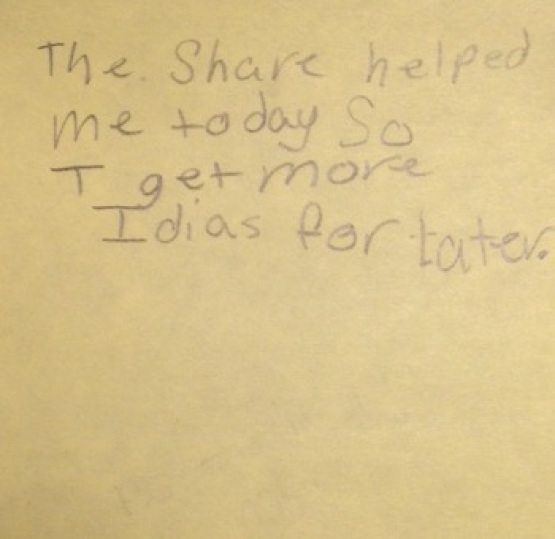I recently developed a math workshop lesson on math vocabulary using the ideas discussed in “Four Practical Principles for Enhancing Vocabulary Instruction” and “Oral Language Needs: Making Math Meaningful.” Using this information as inspiration, I created several stations focusing on practicing math vocabulary: Visual Dictionary, Vocabulary Tic-Tac-Toe, Connect Two, Vocabulary Magnets, and Math Revising.

In my experience, introducing one station per day and culminating with actual rotations, where groups of students visit different stations, on the last day of the week helps management because the teacher can float to different stations to monitor and reinforce routines and expectations. However, I threw all of these stations at students on one day in order to show the classroom teacher all of the options quickly, and for the most part, they were successful–students were engaged and practiced vocabulary! Here are more details, including pictures, materials, and general directions, for each of the stations listed above:
Visual Dictionary


Materials: index cards, chart paper, for later – ziploc bag or ring
General directions: After focus lesson on key vocabulary word, students draw a picture and write a sentence describing how their pictures represents the key word. Teacher reviews cards for formative assessment, returns cards once they are accurate, and students collect in Ziploc bag or on a ring to use as a resource.
Vocabulary Tic-Tac-Toe

Materials: word wall, individual whiteboard with tic-tac-toe board made with electrical tape, dry erase marker, dry erase eraser
General directions: Students record vocabulary words on tic-tac-toe board. To place their X or O, students need to define, give an example of, etc. the word.
Vocabulary Magnets

Materials: word wall, magnet letters, magnetic surface (radiator, side of file cabinet, extra whiteboard, cookie sheet, etc.)
General directions: Students use the word wall to practice spelling the words to gain familiarity and lose anxiety about using the words in discussion or writing. After they’ve practiced the words, they play Jumble (choose a word from the wall, mix up the magnet letters, and partner has to guess the word) or Hangman with a partner.
Connect Two

Materials: word wall, Connect Two paper
General directions: Students work in a group to discuss everything they know about all of the words on the word wall. After the discussion, they work independently to choose two words and describe how the two words are connected.
Math Revising
Materials: a piece of math writing, Math Revising Rubric, red pen
General directions: Students self-assess a piece of their math writing using the rubric and providing evidence for the score. They revise their writing, and then score the revised draft.
These stations are easily adaptable to other content areas. In addition, they don’t need to be done as a set. Instead, you could add just one of them to your Math Workshop station rotation to reinforce math vocabulary.
How could you use or adapt these stations to meet the needs of your Vocabulary Virtuosos?













